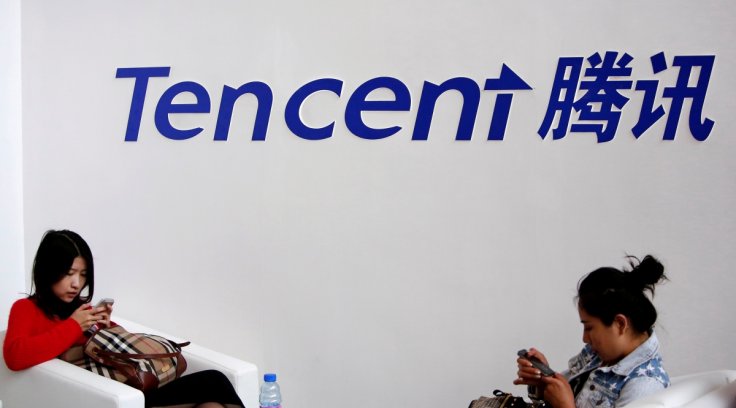
Apple has decided to share the browsing history data of their users to Tencent, a Chinese multinational conglomerate. The information shared with the Chinese company includes the user's website history that users have opened earlier and also the IP address, much to the chagrin of iPhone users.
The number of iPhone users in the United States is about 45 percent of all smartphone users in the United States, and it's not surprising that all iPhone users invariably use the pre-installed Safari browser provided by Apple, which makes it the highest used browser among the Apple users, according to Statista figures.
'Reclaim The Net' wrote in their blog, "Before visiting a website, Safari may send information calculated from the website address to Google Safe Browsing and Tencent Safe Browsing to check if the website is fraudulent. These safe browsing providers may also log your IP address".
Unfortunately, many Apple users are oblivious that this feature remains there by default in the Safari settings, under the head Fraudulent Website Warning, which means the chances of data getting affected would be high and users might be under some threat of their privacy being compromised.
To turn off this feature, users need to go to privacy settings in Safari, open About safari and change settings of privacy under the head "Fraudulent Website Warning", as per suggestions provided by Apple.
When it comes to protecting privacy and safety, this is not the first time for Apple to share the details with the third-party. Earlier, we have seen numerous concerns with Siri, where the contractors affirmed that they could hear private recordings containing information on sexual sounds to criminal deals to drug-related talks. Later, the company decided to stop grading the responses to protect the privacy of the users.
Apple, in their blog, stated the same, "We know that customers have been concerned by recent reports of people listening to audio Siri recordings as part of our Siri quality evaluation process... We heard their concerns, immediately suspended human grading of Siri requests, and began a thorough review of our practices and policies. As a result, we decided to make some changes to Siri that will be available in a software update this fall."
Earlier, Apple used Google's safe browsing technology to shield users from facing any hassle against phishing sites that could destroy the privacy of users and lead to data stealing.
Whilst, Lookup API is still available, which shares your client URL to verify whether it comes under the safe browsing list or not. At the end of the blog post, Google stated, "If you are concerned about the privacy of the queried URLs or the latency induced by a network request, use the Update API". Later, Google has updated the same feature to Update API to heighten the safety of the users.
Nevertheless, Apple has no wrong intentions to affect the privacy of users by sharing the data, then move to safeguard the users from other third-party fraudulent and phishing websites, including Tencent, a Chinese conglomerate. This issue has stirred chaos among the iPhone users about the data privacy, as there is no information about this yet and the implications involved.
Apple's stand on privacy has not changed though. On its website, the company stated, "At Apple, we believe privacy is a fundamental human right. And so much of your personal information — information you have a right to keep private — lives on your Apple devices".
And now, millions of users question Apple a fundamental query - Why there was no prior information about sharing our data? What happened to your fundamental right?
So, now Apple and its devices pose a question mark and distrust in the minds of users about their data security.









